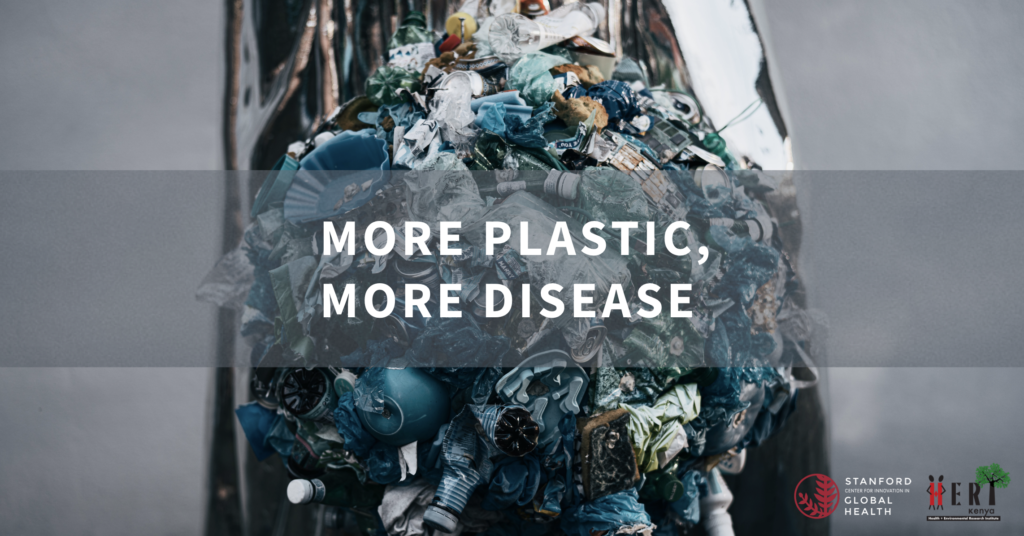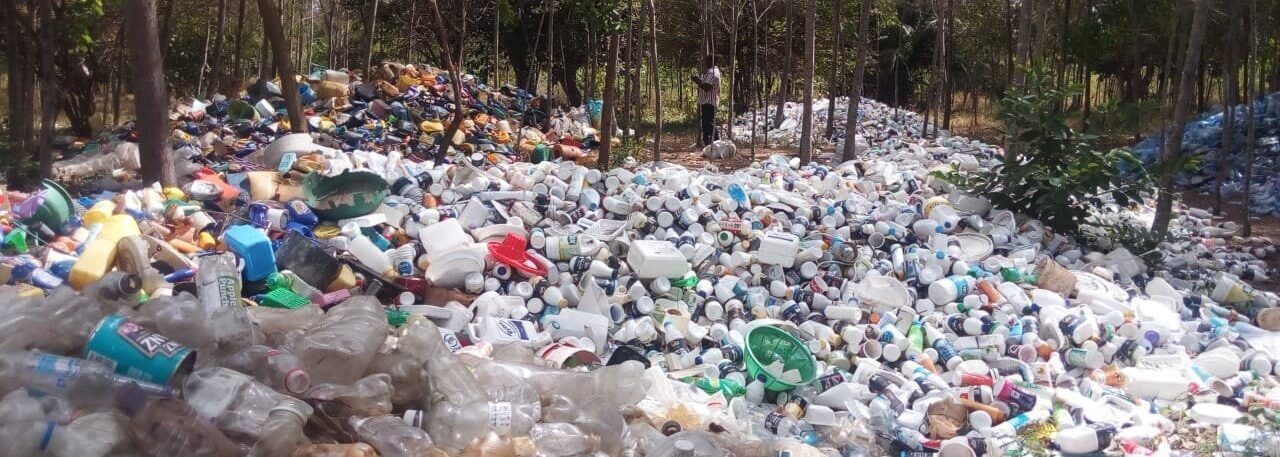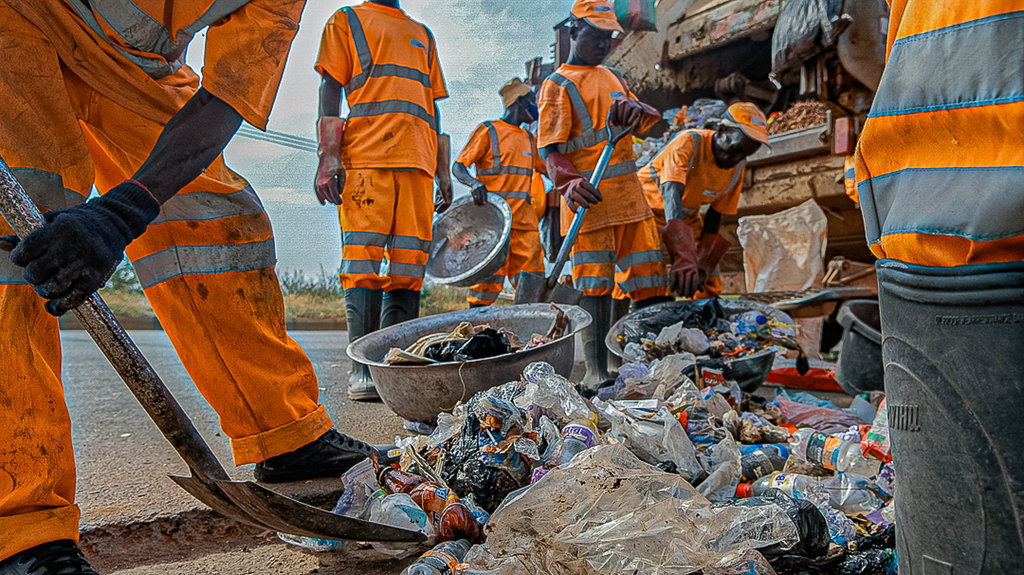Published: 08/22/2022
Plastic pollution in coastal Kenya contributes to mosquito-borne infectious diseases – including dengue, yellow fever, chikungunya, and Zika. Solving this problem requires not only reducing plastic use – but also improving local waste management and recycling. As Kenyan nonprofit HERI-Kenya and Stanford Center for Innovation in Global Health (CIGH) researchers have found, scaling up plastic trash collection can improve public health and the environment and also provide a boon to local economies through supporting new business opportunities.
HERI-Kenya has partnered with the Action Lab for Planetary Health (ALPHA), based at Stanford CIGH, to increase awareness of the plastic-disease connection to accelerate needed policy and business interventions.
A new video depicts the importance of local trash collectors – showcasing how grassroots efforts can simultaneously reduce disease, beautify the community, and provide local opportunities.

This video, accompanied by social media materials, will be disseminated by HERI-Kenya throughout coastal Kenya as part of their community outreach strategy. This effort follows on earlier communications aimed at a broader audience, including features in The Washington Post and the Stanford Report, a publication in the American Journal of Tropical Medicine & Hygiene, a research brief, and a policy workshop with Kenyan health and environment officials.
Much of the research connecting plastics and health in Kenya – and exploring possible solutions – is led by Stanford’s Desiree LaBeaud and Technical University of Mombasa’s Francis Mutuku. Latest findings are captured in this new PLOS paper.
Cover photo courtesy of Desiree LaBeaud

